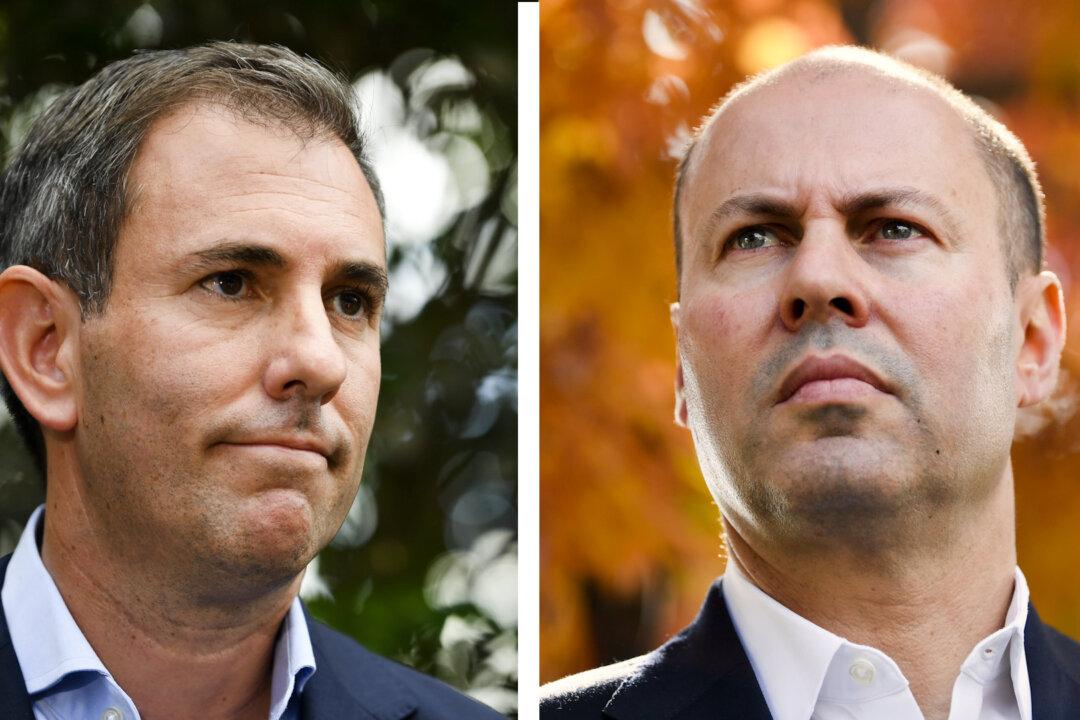Treasurers from both major parties have ruled out increasing the Medicare Levy to control the spiralling cost of Australia’s National Disability Insurance Scheme (NDIS), which will hit $60 billion-a-year (US$42.7 billion) by 2030 and has pipped the budget of universal healthcare program Medicare.
During the Treasurers Debate on May 4, incumbent Coalition Treasurer Josh Frydenberg and his counterpart, Labor’s Jim Chalmers, vowed to continue supporting the program but conceded the costs were high.





